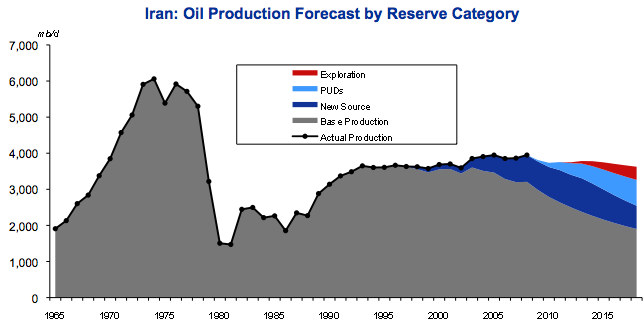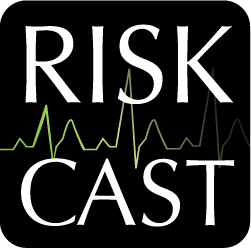I was fortunate enough to attend the W. R. Berkley Corporation’s annual luncheon yesterday at the Red Eye Grill here in Midtown Manhattan. Bill Berkley, chairman and CEO of W.R. Berkley Corp., is known for not only his intelligence and success within the insurance industry, but also for his blunt remarks and honest opinions — listening to him speak is exciting and interesting.
As one would imagine, talk of the Deepwater Horizon incident and the insurance implications surrounding it emerged. Berkley, one of the many insurers of Transocean, said his company lost $5 million from the offshore accident, but that number is far from what Llyod’s, Excel and ACE lost. Berkley, however, was not upset at the relatively small chunk of change his company lost. Rather, he was excited that his firm, for the first time, was able to raise prices 40 to 50% for offshore insurance — calling the Gulf of Mexico disaster both very unfortunate and an opportunity for insurers.
I asked Mr. Berkley if he perceived the Deepwater Horizon incident as an enormous lack of risk management. He reponded:
“I don’t think it’s an enormous lack of risk management in the offshore drilling industry, no. I think it was more a lack of understanding of all the alternative things that could go wrong.”
The very definition of risk management is to identify and assess any and all risks of an operation and then work to minimize, monitor and control the probability and/or impact of unfortunate events. Maybe I’m crazy, but the Deepwater Horizon catastrophe seems like an enormous lack of risk management to me.
The topic of discussion soon turned to the topic of financial regulation, to which Berkley agrees is needed. But he also wonders what other aren’t asking:
“If all these giant financial institutions are taking on such great risks, how come they have such crummy returns? No one is asking that.”
Indeed, I have not heard anyone asking that question.
Then questions about the P/C market prices arose. He was asked why he saw prices starting to firm up and he answered:
“You can only hide from reality for a certain length of time. You’re going to see some people go broke because they’ve mispriced their business. They won’t survive through the good times, maybe not even through the first quarter of 2011.
buy desyrel online physiciansalliance.com/wp-content/uploads/2022/08/pdf/desyrel.html no prescription pharmacyPeople are accumulating adverse reserve deficits and that will affect them soon.
buy rotacaps online physiciansalliance.com/wp-content/uploads/2022/08/pdf/rotacaps.html no prescription pharmacy“
And when asked how he would grade the government’s involvement with AIG, Berkley confidently responded, “D,” citing that “part of the problem with government is that process becomes more important than outcome.
True words indeed from a well-respected figure in the insurance industry.
Even if I do disagree with him about the failure of risk management in regards to the Deepwater Horizon situation, he is a wise man that has proven his knowledge of the industry with the success of his own company.





